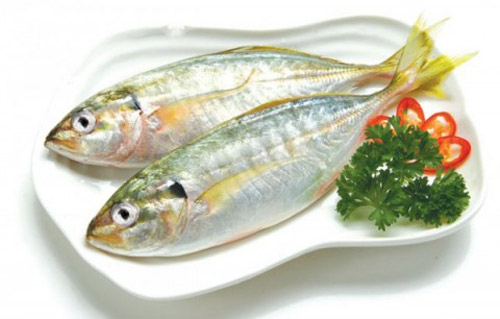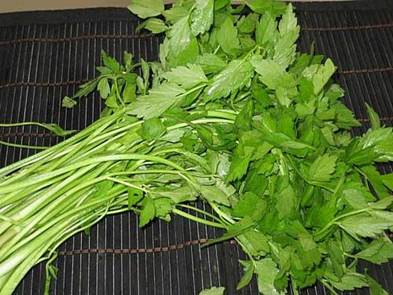Physiological effect of iodine in the body is done through
the process to make thyroid hormone which is the most important hormone of
human.
Benefits of iodine
1. Maintain
energy metabolism of the body (implement physical
separation, provide energy needed for the activities of the body) and generate
heat (maintain body temperature): Lacking of iodine will reduce thyroid hormone
secretion and cause damage to basic operation to preserve the body. However, it
also declines body functions.
2. Promote the
development process of the body: Thyroid hormones control the development
of bones, gender and muscles as well as height of children in development
stage. A shortage of thyroid hormones will make the body develop abnormally.
3. Support
brain development: During certain brain development of
pregnancy or early development of children, it is necessary to rely on thyroid
hormones. The deficiency of thyroid hormone affects brain development process
and will interfere intellectual development later.
If iodine is supplemented after that phase, it only works to
keep the body in normal development, helps improve thyroid function which has
been weakened, restores body function and improves intellectual activities
indirectly.

Sea fish has high
content of iodine.
Iodine foods
Concentration of iodine in kelp is highest
(about 2000μg (micrograms)/kg fresh kelp). Sea fish and shellfish in the
sea follow after that (about 800μg/kg).
The terrestrial food such as egg and milk
contains high level of iodine (4-90μg/kg), followed by meat. Freshwater
fish have iodine concentration which is equal to or lower than meat. Plants
have the lowest iodine content.
In addition, there is large content of iodine
in salt. The more salt is refined, the less amount of iodine. The concentration
of iodine in sea salt is about 20μg/kg. If a person eats 10g of salt per
day, they will only absorb 2μg of iodine; certainly it can’t meet the
requirement to prevent iodine insufficiency.

Parsley has high
content of iodine.
Top 10 foods containing iodine (and iodine concentration/100g of that food)
1. Kelp:
1mg
2. Purple
Alga (dry): 1800 μg
3. Spinach:
164μg
4. Parsley:
160μg
5. Sea
fish: 80μg
6. Seasalt:
2μg
7. Plants:
14μg
8. Salt
with iodine: 7600μg
9. Chinese
cabbage: 9.8μg
10. Egg: 9.7μg
Notice
Do not eat too much iodine. It may change or increase the
burden on thyroid function. With children, the largest amount of iodine is
800μg/day and 1000μg/day with adults. Iodine content standard from 14
years old to maturity is 150μg/day. Pregnant women and nursing mothers
should add more 50μg/day.